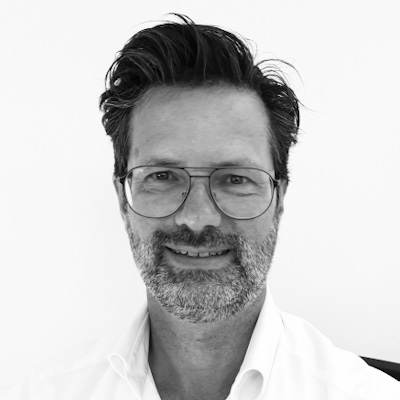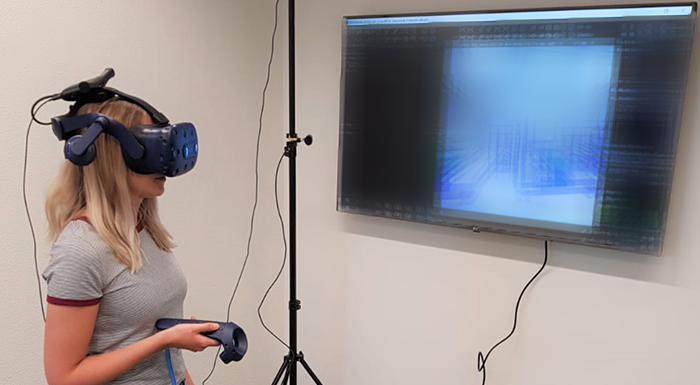Captivate and connect – how do you keep the development team going?


The development team plays an important role when it comes to client’s results. In order to retain these results, it is important that the engineers in the team stay motivated. This can be achieved in different ways. In this article I will discuss three of them.
The supporting role of the manager
A development team is made up of professional engineers who all have their own field of expertise. They know exactly how to reach the goals that are set and how to resolve possible sticking points. This extent of independence means a different approach by team management, thus less supervisory and more supportive.
This supporting role by team management ensures that the entire team is responsible for the final objective and the individual engineers are responsible for their own tasks. The manager keeps an eye on the progress that is made and if necessary he/she will ask the right questions and provide new insights to take the engineers forward.
The benefit of this approach is that the engineers get plenty of room to do their work the way they think is best in order to reach these goals. Experience shows that professionals are more than capable to accept this responsibility and act accordingly.
Stimulate development
Besides project targets, it is also important to pay attention to the personal goals of the engineers and give them enough space to grow in this.
Personal development stimulates engineers to:
- Specialize and improve themselves in their field;
- Add variety to their job;
- Discover new aspects within their job.
By stimulating personal development, engineers will be better motivated and therefore work on their projects with more enthusiasm. It will not only improve results, but the engineers will also be widely employable and turnover of staff will decrease so that the expertise within the organization is maintained.
Offers room for experiment
Personal development means that there should be room for experiment. By getting out of your comfort zone, both as organisation and engineer, a lot can be learned. The aim here is not achieving a result, but exploring and optimising, for example, new techniques, processes or project management methodologies.
At Post en Dekker we regularly set up these kind of internal and experimental projects. For example, we recently developed an e-Kart. The ultimately goal of this project was not the development of the electronic kart itself, but rather improving our work methods and project management techniques. And the experience and knowledge that was gained was accordingly used in our daily activities.
These experiments need to be done by the engineers themselves. Sit together regularly and let everyone actively think along about the experiments and what you can do with them. Probably everyone has one or more internal projects that they would like to set up, but because of the daily workload do not get round to it.
Conclusion
Engineers are professionals who, when their goals are set, can determine their own way towards them. This extent of responsibility means that the way in which projects are managed must be adjusted. The project manager asks questions wherever necessary and offers new perspectives.
In order to keep the engineers interested, personal development and experiment are important. It enables engineers to continue learning and discover new aspects of their professional domain. This will lead to more motivation and, ultimately, better results.
Do you also want to meet our team, then please contact us.










